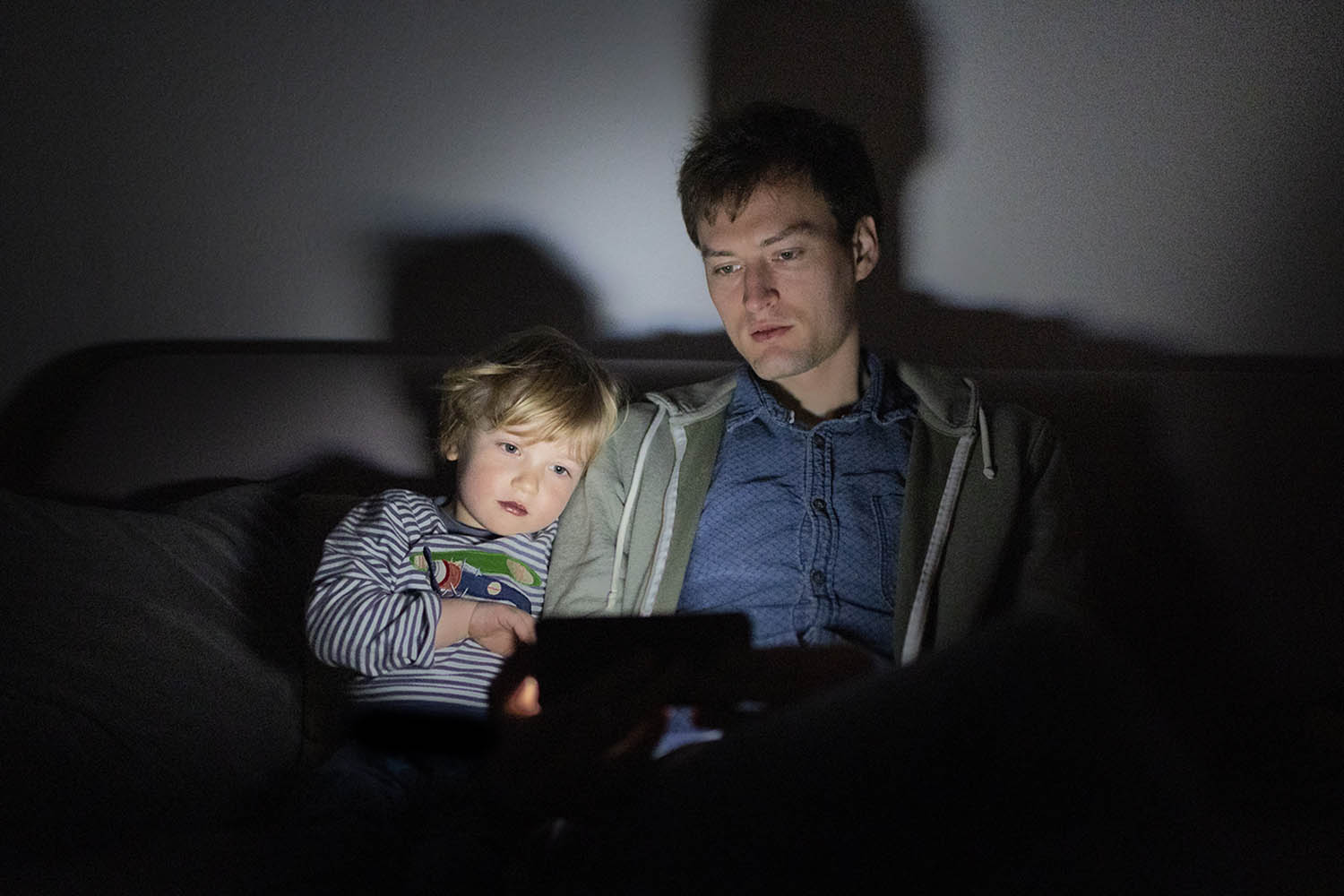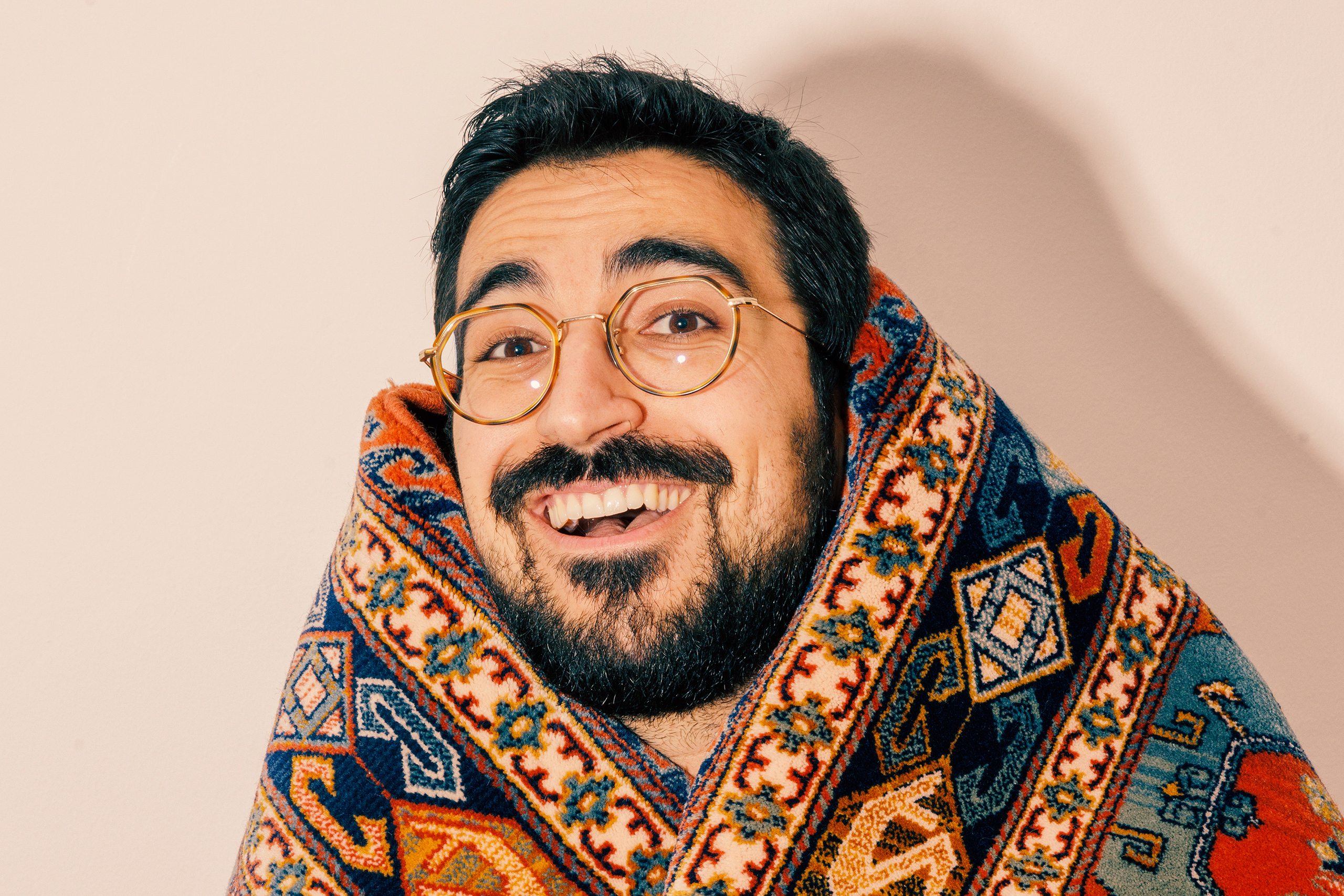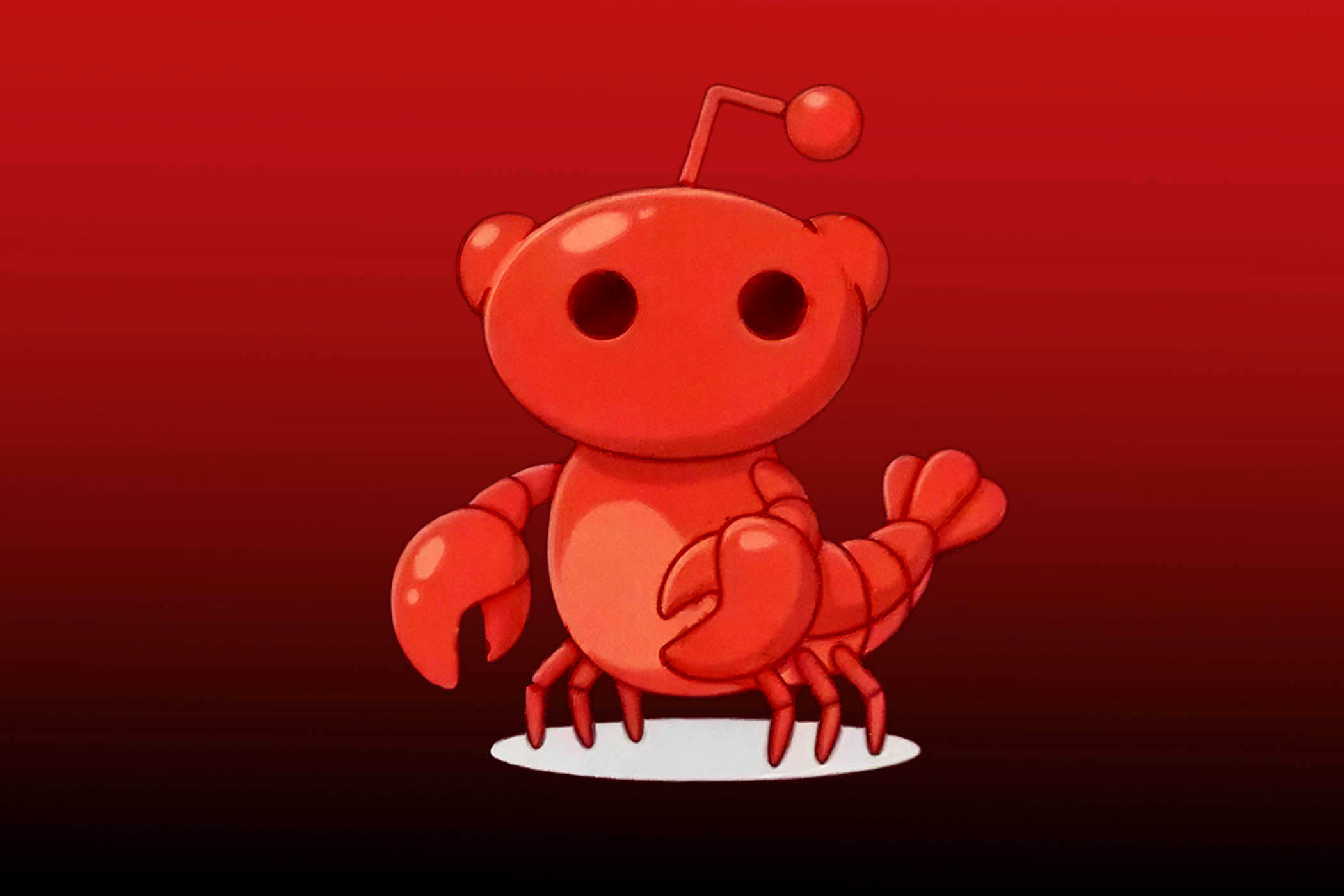The Online Safety Act is a response to a practical problem everyone wants to solve, which is to stop kids from stumbling across pornography online. How, then, did it become such a raging ideological flashpoint?
Last week, for example, we had the usually sensible technology secretary, Peter Kyle, claiming Nigel Farage’s objections to the act put him on the side of “people like Jimmy Savile”. He has since doubled down. Meanwhile, Reform UK has been fretting that the act is preparing the ground for a shadowy state-run dystopia. “Any student of history will know that the way countries slip into this sort of authoritarian regime is through legislation that cloaks tyranny inside the warm fuzz of safety and security and hopes nobody reads the small print,” said Zia Yusuf.
Let us start by saying that the new rules, which came into force on 25 July, have many flaws. They require that platforms protect kids from “legal but harmful” content by implementing age checks. So far, so seemingly reasonable. But, in the process, they set up incentives that harm free speech. The fines are so large, for example, that they encourage companies to over-censor content, since the costs of falling foul of the rules outweigh the benefits of keeping the internet free and open. Already, X has censored a speech in the House of Commons on the subject of grooming gangs.
One irony of the act is that it may end up restricting ‘adult content’ for adults
One irony of the act is that it may end up restricting ‘adult content’ for adults
The act also seems to assume that adults will be just fine with handing over proof of ID to websites, including porn sites. Meanwhile, last month, Tea, the US dating safety app, was hacked, disclosing users’ details, which can now be found all over social media. Then, too, even with these new laws, tech-savvy kids can still find ways to consume harmful stuff, such as through setting up virtual private networks (VPNs), which circumvent monitoring. We know teens distribute porn clips with friends via WhatsApp, and tend to share information on how to get them more readily than adults do. One irony of the act is that it may end up restricting “adult content” for adults, especially the less computer literate, while children continue to get hold of it behind our backs.
The debate could have focused on these tricky technical problems. But it didn’t, because the subject also goes to the heart of a clash in ideology that all liberal countries are struggling with – which may explain how things became so emotional so quickly. As societies get more progressive, they widen many freedoms, but at the same time tend to clamp down on others, particularly when it comes to health and safety, and particularly when it comes to protecting children.
Earlier in the summer, for example, the Institute of Economic Affairs, a rightwing thinktank, published a Nanny State Index, charting the European countries that are most restrictive when it comes to alcohol, nicotine and food. Among the most “paternalistic” in this regard are otherwise liberal Finland, Sweden and Britain. Malta, on the other hand, where abortion is legal only to save a woman’s life, is relatively relaxed about smoking and sugary snacks.
Then, too, even as free speech broadens in progressive nations – permitting protest, ending blasphemy laws, allowing swearing – it also tends to narrow in other respects, restricting what you can say, for example, about minority groups. That is another flashpoint within liberal countries that agree protections are important and free speech matters but can’t quite decide which matters the most.
But the solution, for most of these issues, is likely to be messy, piecemeal, practical and unsatisfying to the purists in both camps. My answer in this case is that we cannot wrestle the internet into a place fit for children without damaging civil liberties – instead, we need to keep kids offline, as much as possible, in the first place.
If there is a lesson of the past decade, it is that you cannot domesticate the internet. Ten years ago, for example, we were battling with the problem of online mob “justice”, in which social media users would pick a sinner, often for minor social infractions, “make them famous” and get them fired. The solution, it turned out, was not to suppress these mobs, which is nearly impossible, but for the outside world to ignore them. Companies eventually refrained from firing employees who got caught up in these online horror-shows.
“Misinformation” was and is another big and difficult issue. Some platforms, such as X, are doing well at correcting inaccurate content, but not all websites have the resources to do this. You can’t always stop the spread of lies online, but you can learn to be sceptical about them. Studies show we are adapting – the vast majority of fake news is consumed by only 1% of social media users.
And so to children and social media. While politicians fight a doomed quest to shut off parts of the internet, parents are making progress on the real battle – many getting their kids to give up smart phones, at least for now.
The issue lies in making this happen at the same time: no parent wants their child to be the odd one out. School bans help only during the day. Pacts may work better. In Hampshire and south London, many parents have signed pledges to hold off giving their kids an iPhone until they are 14. But more work is needed to make this a social norm.
Newsletters
Choose the newsletters you want to receive
View more
For information about how The Observer protects your data, read our Privacy Policy
Photograph by Ute Grabowsky/Getty



